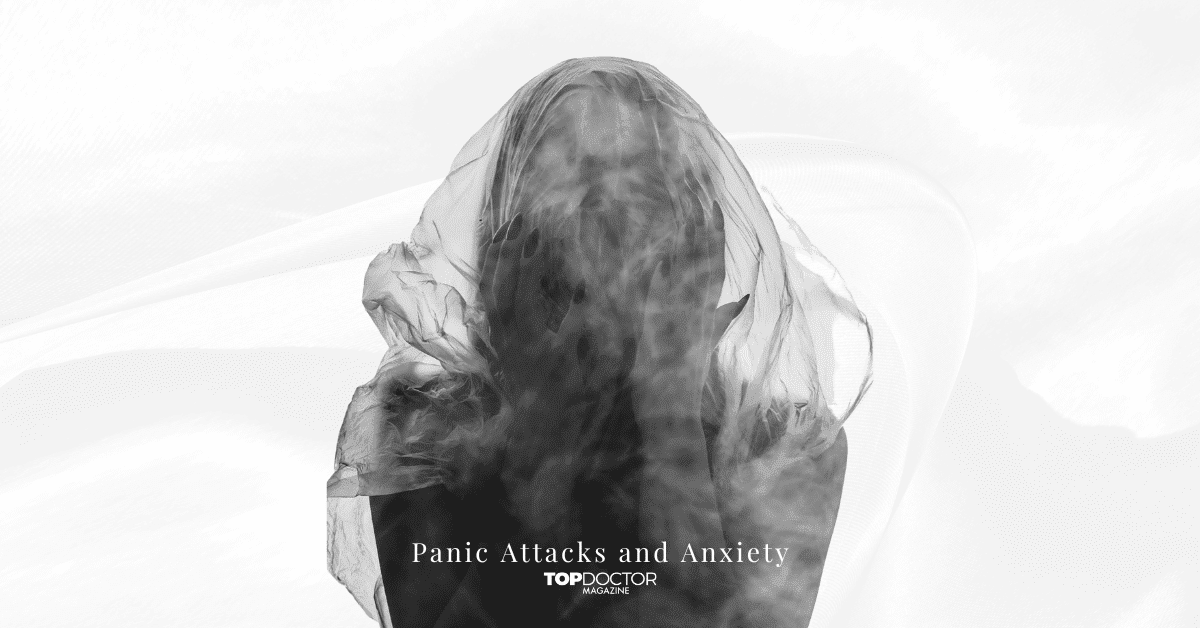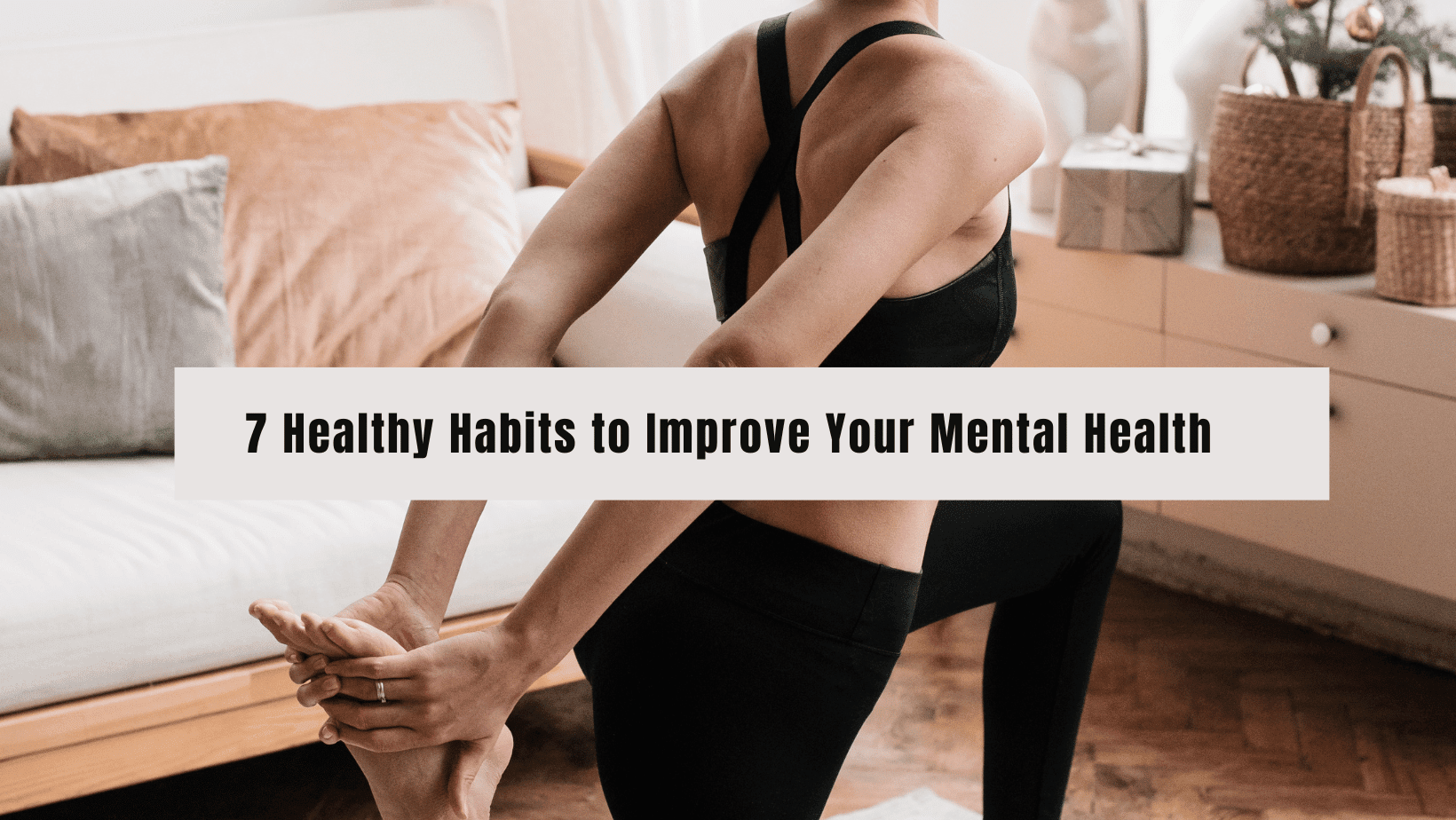Have you ever flown outside your time zone and felt groggy? Or maybe you’ve had a day where your body felt sluggish? That’s not your imagination, but your body’s clock, the circadian rhythm, out of sync with your schedule or surroundings.
What Is the Circadian Rhythm?
The circadian rhythm is your body’s clock that controls various processes in the body, ranging from sleep to appetite and even hormone release. It is the result of a cluster of 20,000 nerves in the hypothalamus of your brain called the suprachiasmatic nucleus. These neurons trigger the release of various hormones, such as melatonin, to keep your body energized during the day and help it sleep at night.
This release and regulation of hormones creates your body’s daily cycles, some of which you’ve probably noticed yourself. You might find that you have more energy during a particular time in the day or generally get hungry at the same time each day. The consistency of such feelings is thanks to your body’s internal regulation of its circadian rhythm.
Why the Circadian Rhythm Is Important
Your circadian rhythm is important because it controls almost every part of your day regarding your body’s energy and regulatory functions. When that rhythm gets disrupted, it affects your body’s delicate balance. For example, if you have a hard time sleeping regularly, then your hunger can be adversely affected, either through a disruption of your appetite or of the times when you are hungry. Besides your hunger, these disruptions can also increase the risk of severe conditions such as diabetes, obesity and depression.
Disruptions to your rhythm can also unbalance your energy cycles, making it harder to fall asleep and wake up. In addition, your energy levels will be disrupted during the day; therefore, focusing on tasks and maintaining energy in the middle of the day will become challenging. This lack of energy will only worsen as the day continues, and you can experience problems staying awake in the evening as your body tries to adjust its disrupted rhythm.
How Your Circadian Rhythm Can Be Disrupted
The circadian rhythm can be disrupted in various ways. One disruption you’re likely familiar with is jet lag. The change in time zones can confuse your circadian rhythm by giving it light and schedule signals different from expectations. Likewise, daylight savings has a similar effect on your rhythm.
Your rhythm is also easily affected by forcibly changing your sleep schedule. Whether changing from a day to a night shift, disrupting your sleep schedule through medications or alcohol or even just not having a consistent bedtime, keeping your body from sleeping and rising at consistent times can be very disruptive.
Can You Reset Your Circadian Rhythm?
You can reset or alter your circadian rhythm by adjusting your habits. If you’re not a morning person, but your job requires you to get up early, you can alter your circadian rhythm to help you become an early bird. But to achieve that, you first have to compare your natural rhythm with the desired patterns, like having more energy in the morning or being able to work at night.
How Do You Change Your Circadian Rhythm?
Supplements
You can use certain supplements to improve your body’s melatonin production, the hormone responsible for regulating your sleep schedule. These melatonin supplements could help you fall asleep faster and facilitate your circadian rhythm transition. Speak to your doctor before taking such supplements.
Caffeine
Caffeine is another method you can use to alter your circadian rhythms. It can effectively give your body an extra push when it feels low on energy, causing an influx of energy that ignores your body’s natural circadian energy rhythm. Caffeine can be very effective in the short term, but it often takes a long time for your body to fully remove it from the system.
How To Naturally Reset Your Circadian Rhythm
Light Exposure
Light exposure is the most effective way to modify your circadian rhythm. You can utilize this fact in two ways. First, spend time outside when you want to be awake. Exposing yourself to natural light can kick your circadian rhythm into its alert setting. Second, create a very dark environment when you want to sleep.
Exercise
Exercise is another excellent way to reset your circadian rhythm by improving your sleep schedule and making it easier to fall asleep. However, it is worth noting that exercising within two hours of going to bed could harm your sleep, so make sure to exercise an adequate number of hours before your usual sleep time.
Meal Times
Moving around your meal times will adjust the periods in the day when you feel the most or least energized. Try altering your meal times and see if you can find an energy schedule that works best for you.
How Long Does It Take To Fix Your Circadian Rhythm?
How long these methods will take to change your circadian rhythm depends mainly on how dedicated you are to pursuing them. Much like any new habit, it can take time for your body to adjust to its new schedule. Depending on how significant a schedule change you are making, you can anticipate it to take somewhere between a few days to a few weeks to fully change your rhythm.
Closing Remarks On Altering Circadian Rhythms
Your body likes patterns and routines that it can anticipate. To feel the healthiest and most energized you can, you either have to support that rhythm with a regular sleep schedule and patterns or adjust it to fit your lifestyle. What you cannot do is ignore your natural rhythms. Doing so risks several serious health effects and will leave you feeling sluggish and exhausted. So the next time you feel groggy, maybe check to see how well your internal clock is ticking and think about giving it a tune-up!






0 Comments